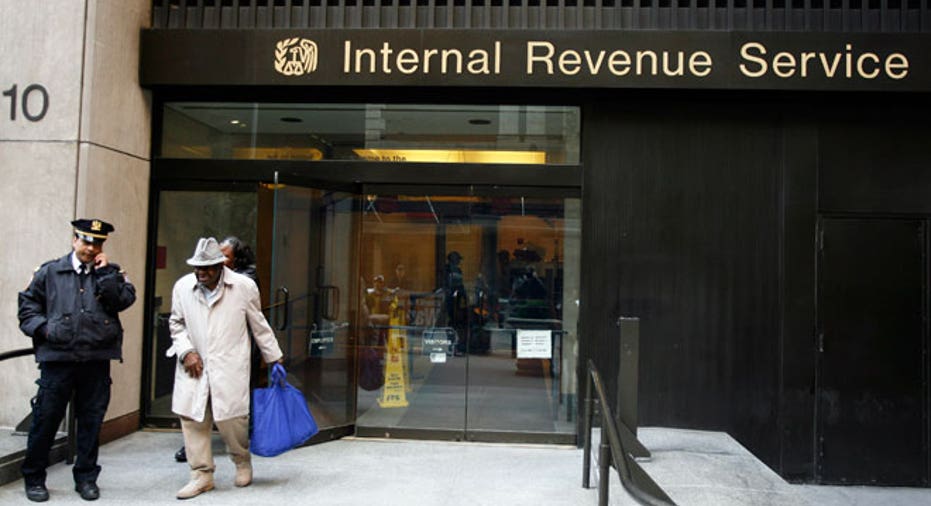What If Your Employer Didn't Pay Withheld Tax to the IRS?

Dear Tax Talk,
In 2002, Bankrate's tax adviser wrote the following: "Whether or not your employer paid over taxes withheld from your paycheck to the IRS does not affect your right to claim them on your tax return. If your former employer does not give you a Form W-2, then you'll need to reconstruct your wages and withholding to file your tax return."
Is this law still valid? If my employer withheld, can I claim a credit whether or not my employer actually turned in the taxes? -- Brett
Dear Brett,
Yes, you can claim a credit for payroll taxes withheld from your paychecks, whether or not your employer actually paid the taxes to the IRS.
I did not write the column from 2002 that you are referring to, so my answer is based on current IRS information.
Unfortunately, for all kinds of reasons, some businesses do not comply with the IRS requirement to issue Form W-2, Wage and Tax Statement to their employees by Jan. 31 for work done in the previous year. Form W-2 is necessary for you to complete an accurate tax return, and the IRS works very diligently with delinquent employers for all payroll-related returns. But in the meantime, what is the employee supposed to do when he or she wasn't given the Form W-2?
First of all, if you do not receive your Form W-2 by mid-February, you should contact your employer. It may be due to your company not having your correct address, so the problem may be easily resolved.
If you do not have your Form W-2 by the April 15 filing deadline, you will have to either get an extension on your return or go ahead and file your return with Form 4852, Substitute for Form W-2, Wage and Tax Statement.
Your refund may be delayed while the IRS processes your information. Keep in mind that if you do receive a Form W-2 later, you may have to amend your tax return to correct any information on your original return.
Thanks for the great question and good luck on resolving this issue.
Ask the adviser
To ask a question on Tax Talk, go to the "Ask the Experts" page and select "Taxes" as the topic. Read more Tax Talk columns.
To ensure compliance with requirements imposed by the IRS, we inform you that any U.S. federal tax advice contained in this communication (including any attachments) is not intended or written to be used, and cannot be used, for the purpose of (i) avoiding penalties under the Internal Revenue Code or (ii) promoting, marketing or recommending to another party any transaction or matter addressed herein. Taxpayers should seek professional advice based on their particular circumstances.
Bankrate's content, including the guidance of its advice-and-expert columns and this website, is intended only to assist you with financial decisions. The content is broad in scope and does not consider your personal financial situation. Bankrate recommends that you seek the advice of advisers who are fully aware of your individual circumstances before making any final decisions or implementing any financial strategy. Please remember that your use of this website is governed by Bankrate's Terms of Use.
Copyright 2014, Bankrate Inc.



















